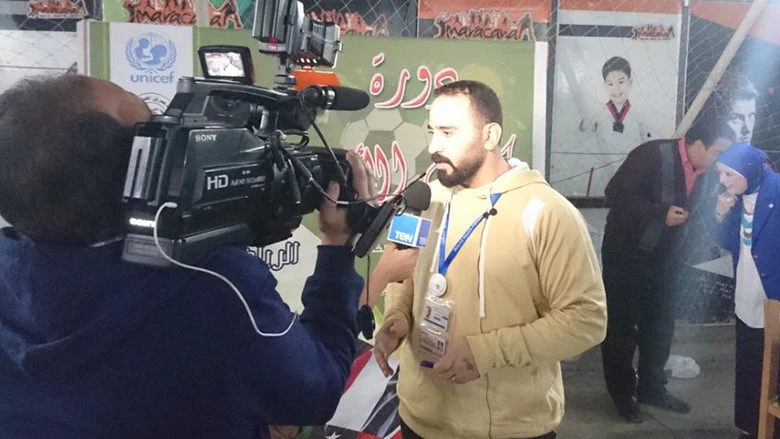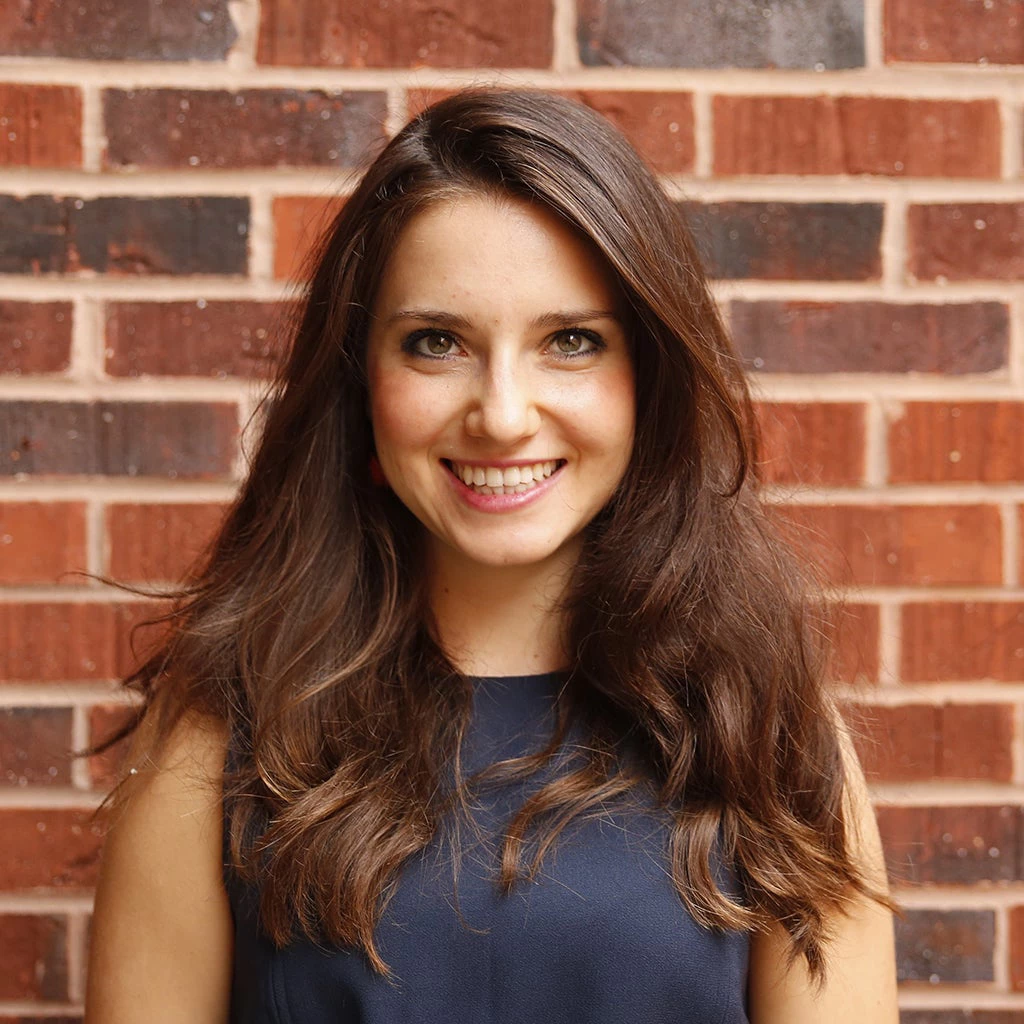
Amir Awaad was dreaming of gold. The 18-time national wrestling champion trained all his life to represent his native Syria at the Olympics. His dream turned into fantasy when Amir had to fight outside the arena—this time for his life. A year after the war broke out in Syria, Amir, his wife, and three young children fled to Egypt. They settled in Alexandria, where Amir opened the Sports Academy Syria in 2016. Its purpose is to bring together refugee and asylum-seeker youth from 12 different countries to cope pyscho-socially with the traumas they left back home. The method? Intense and proactive training in contact and ball sports.
I met Amir at the World Youth Forum in Sharm El Sheikh (Egypt), where 3000 youth from +130 countries gathered to discuss about global affairs including forced displacement, entrepreneurship, and good governance.
“We use sports as a means of getting rid of negative energy. When youth exercise and play sports, they generate happy hormones [endorphins and serotonin] that help them participate in other activities. It helps children understand the world better. They become healthier mentally and physically, and when they compete internationally they are able to go beyond divisions of gender and sect, and focus on the sport.”
Amir hopes the children and youth he trains can go beyond their identity as stateless refugees and see themselves as champions; athletes capable of representing their home countries with pride. While at the same time overcoming differences of race, sect, gender, and clan. Syria Sports Academy not only trains youth in sports, but combines exercise with team-building activities so that participants build social cohesion between their different communities.
One of the activities run by the Academy is the “Cup of Hope”, a football (soccer) play-off between 12 different refugee teams and 250 youth. This teams train together but then compete based on their countries of origin. This creates healthy competition between the youth while also creating a sense of pride for the countries they came from, instead of the sense of shame and detachment many feel when they are forced to flee.
“In Brazil, we saw how sports unite,” Referring to the refugee Olympic team sponsored by UNHCR. “We introduce children to what is right and wrong, teach them how to release negative energy and see each other on an equal level. When they win, they feel like champions—sometimes for the first time in years—after living surrounded by conflict. In Alexandria, we have several Syrian champions and the children look up to these athletes as role models.”
Amir himself is an exceptional role model—he won the Gold Medal at the 2012 Asian Championship in Saudi Arabia, retained the title until 2015, and has won several other titles at the Asian and Arab Wrestling Federation Championships. He hopes to use sports as a “universal language” to bring people together and have positive spillover effects: “Rebuilding our country [Syria] is a state of mind. At the Sports Academy Syria, we are trying to develop the skills youth need to become athletes, heal mentally and one day represent their countries at international competitions.”
Four years after settling in Egypt in 2013, Amir hopes to internationalise his efforts at the Academy: “I dream of a refugee international sports tournament, supported by refugee hosting countries. I cannot represent Syria at the Olympics because I’m a refugee, I live outside my country, I had to give up my dream.” Amir might not be able to win Gold anymore, but he has given other refugee youth the opportunity to train, compete and earn medals, and a strengthened identity, through his Academy.
Not all the champions are the ones who hang medals around their necks. Amir is a champion of both sorts.


Join the Conversation